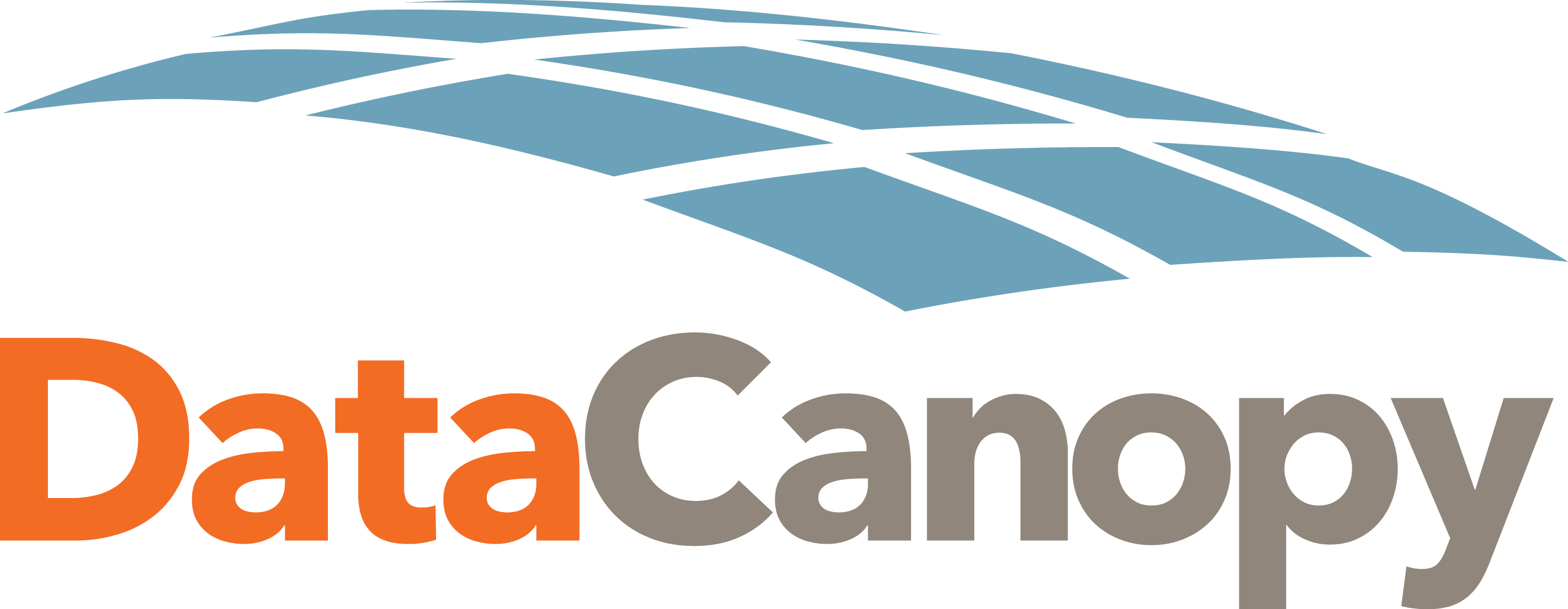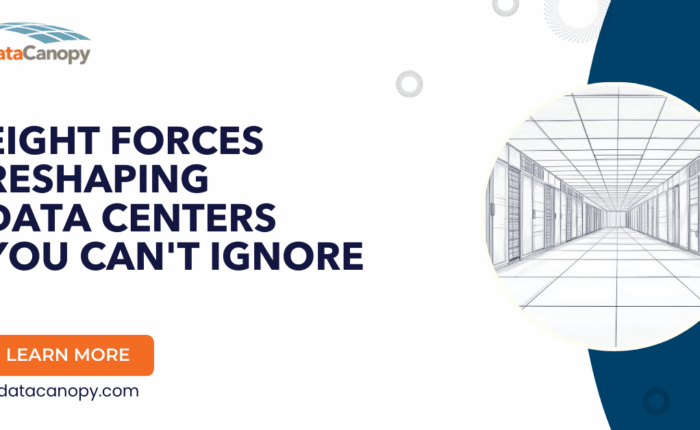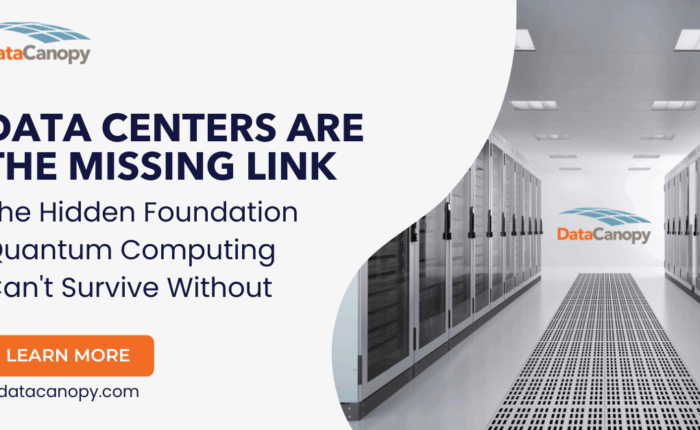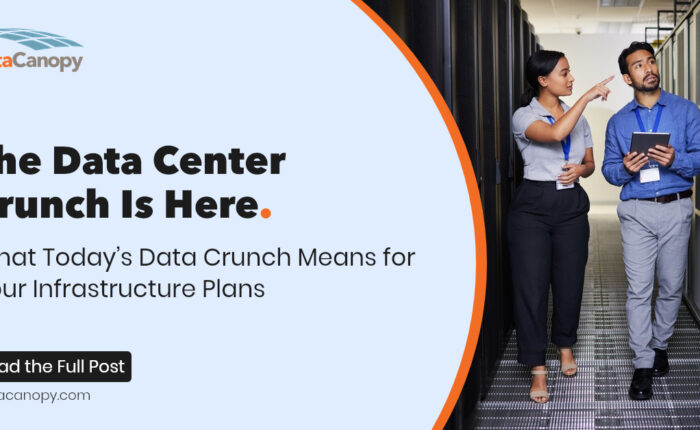PCI-DSS, HIPAA, PHI, SSAE, SOC, HITECH, and more… What do they mean and why do they matter? Discover the answers in our comprehensive guide below.
Data center compliance and regulations are crucial for ensuring the security, integrity, and efficiency of data centers. As the foundation of modern digital infrastructure, data centers must follow strict regulatory standards to safeguard sensitive information and maintain trust with clients.
What is Data Center Compliance?
Data center compliance refers to the adherence of data centers to specific regulatory standards and guidelines designed to ensure the security, integrity, and availability of data. These regulations are essential for maintaining trust with clients, avoiding legal repercussions, and protecting sensitive information from breaches or misuse.
Importance of Adhering to Regulatory Compliance Standards
Adherence to regulatory compliance standards in data center operations is non-negotiable for several reasons:
- Legal Obligations: Non-compliance can result in severe penalties, including fines and operational restrictions.
- Customer Trust: Clients expect their data to be handled with the utmost care. Compliance builds confidence and trust.
- Risk Mitigation: Ensuring compliance reduces the risk of data breaches, which can lead to financial losses and reputational damage.
Key Components of Data Center Compliance
A comprehensive data center compliance strategy encompasses several key components:
1. Security Measures
- Access Controls: Implement robust access controls to limit unauthorized entry both physically and digitally.
- Encryption: Ensure that data is encrypted both at rest and in transit.
- Monitoring Systems: Use advanced monitoring systems to detect and respond to potential threats in real-time.
2. Regular Audits
- Conduct regular internal audits to identify gaps in compliance.
- Engage external auditors for an unbiased assessment of your compliance posture.
3. Documentation & Policies
- Maintain thorough documentation of all processes related to data handling and security.
- Develop policies that reflect current regulatory requirements and best practices.
4. Incident Response Plan
- Create a detailed incident response plan outlining steps to take in case of a data breach or other security incidents.
5. Employee Training
- Provide continuous training for employees on compliance requirements and security protocols.
6. Disaster Recovery Plans
- Develop a robust disaster recovery plan ensuring business continuity in adverse scenarios. To ensure your disaster recovery plan will work, follow these 5 steps that are key to your business.
- Avoid common pitfalls when creating your disaster recovery plan by learning from the experiences shared in this blog post.
Each of these components plays a critical role in building a resilient and compliant data center environment. Implementing these measures effectively ensures that your data center not only meets regulatory standards but also operates securely and efficiently.
For those looking for a structured approach, consider using a comprehensive planning checklist tailored towards achieving full compliance readiness.
By integrating these elements into your strategy, you position your data center as a reliable custodian of sensitive information, ready to meet the demands of various regulatory frameworks while minimizing risks associated with non-compliance.
Understanding Different Compliance Standards for Data Centers
1. SSAE 18 (Statements on Standards for Attestation Engagements)
SSAE 18 is a critical framework in the realm of data center compliance. It establishes guidelines for service organizations to manage and report on the controls affecting the privacy, security, and confidentiality of user entities. SSAE 18 encapsulates various aspects of internal control over financial reporting, making it essential for data centers handling sensitive financial data.
The SSAE 18 framework is intricately linked with SOC (System and Organization Controls) reports, specifically SOC 1, SOC 2, and SOC 3. Each SOC report serves a unique purpose:
- SOC 1: Focuses on internal controls over financial reporting.
- SOC 2: Evaluates controls related to security, availability, processing integrity, confidentiality, and privacy.
- SOC 3: Provides a general-use report that offers a high-level overview of the controls without delving into detailed specifics.
For instance, if your data center hosts applications that influence clients’ financial transactions or reporting, achieving an SSAE 18 SOC 1 certification would be imperative. This certification assures stakeholders that your data center has rigorous controls in place to safeguard financial information.
The transition from SSAE 16 to SSAE 18 brought about more stringent requirements for risk assessments and monitoring third-party vendor controls. Data centers under SSAE 18 must not only maintain robust internal controls but also ensure their vendors adhere to similar standards.
2. PCI-DSS (Payment Card Industry Data Security Standard)
Data centers dealing with payment card information must comply with the PCI-DSS. This standard specifies comprehensive security protocols designed to safeguard cardholder data against breaches and fraud. Key requirements include:
- Implementing robust access control measures
- Encrypting transmission of cardholder data across open networks
- Regularly monitoring and testing networks
Compliance with PCI-DSS ensures that your data center maintains the highest levels of security for payment processing activities.
3. Uptime Institute’s Tier Certifications
The Uptime Institute’s Tier Certifications play a pivotal role in evaluating and enhancing the performance and reliability of data centers. There are four tiers:
- Tier I: Basic capacity; susceptible to disruptions
- Tier II: Redundant capacity components; less downtime than Tier I
- Tier III: Concurrently maintainable; allows maintenance without shutdowns
- Tier IV: Fault-tolerant; provides the highest level of redundancy and availability
Data centers seeking high reliability aim for at least a Tier III certification, which guarantees minimal interruption during maintenance activities.
Ensuring Compliance Readiness in Different Industries
1. Healthcare Industry
Compliance in the healthcare sector is crucial because of the sensitive nature of patient information. Data center compliance requirements for this industry mainly focus on HIPAA (Health Insurance Portability and Accountability Act) and HITECH (Health Information Technology for Economic and Clinical Health Act).
HIPAA Compliance
HIPAA sets the standard for protecting sensitive patient data. Any organization that deals with protected health information (PHI) must have physical, network, and process security measures in place and follow them to ensure HIPAA compliance.
To meet HIPAA requirements, the following items are required:
- Data Encryption: Encrypting PHI both at rest and in transit to prevent unauthorized access.
- Access Controls: Implementing strict access controls to ensure only authorized personnel can access PHI.
- Audit Logs: Maintaining detailed logs of who accessed data and when, ensuring accountability.
- Training Programs: Regular training programs for employees to ensure they understand HIPAA regulations and their role in compliance.
HITECH Compliance
HITECH was enacted as part of the American Recovery and Reinvestment Act of 2009, promoting the adoption and meaningful use of health information technology. It extends HIPAA’s reach by increasing penalties for non-compliance and encouraging healthcare organizations to adopt electronic health records (EHRs).
Key HITECH requirements include:
- Breach Notifications: Mandatory notifications to patients affected by data breaches involving unsecured PHI.
- Enhanced Enforcement: Increased penalties for non-compliance, incentivizing healthcare providers to prioritize data security.
- Meaningful Use Standards: Encouraging the use of certified EHR technology to improve patient care while ensuring data protection.
2. Financial Services Industry
The financial services industry has strict data center compliance requirements to protect sensitive financial information and maintain client trust. Regulatory frameworks like the Gramm-Leach-Bliley Act (GLBA) set high standards for data protection.
Key Compliance Challenges and Obligations:
- GLBA Compliance: The GLBA requires financial institutions to take steps in safeguarding customer data. Data centers that support these institutions must follow strict security rules, such as encryption and access controls.
- Data Privacy: Financial institutions must make sure that customer information remains private by using effective data management practices. This includes doing regular audits and assessments to find any weaknesses.
- Risk Management: Data centers need to create strong risk management plans to prevent unauthorized access and data breaches. This means they should constantly monitor and update their security systems to deal with new threats.
Impact on Data Center Operations:
Data centers serving the financial sector have to:
- Use advanced encryption methods to keep data secure when it’s being transferred or stored.
- Have strict access controls that only allow authorized people to work with sensitive information.
- Carry out regular checks from both inside and outside the company to make sure they’re following GLBA and other relevant regulations.
Staying compliant in the financial services industry is crucial because it helps avoid penalties, keeps client trust intact, and upholds regulatory standards.
3. E-commerce Industry
Data centers that support the e-commerce industry face unique compliance challenges, especially when it comes to GDPR (General Data Protection Regulation). GDPR sets strict rules for how organizations handle the data of EU citizens, and this can be a major concern for e-commerce businesses.
Key GDPR Compliance Requirements for E-commerce Data Centers:
Here are some of the main things that e-commerce data centers need to do in order to comply with GDPR:
- Data Processing Agreements (DPAs): Make sure that any contracts with third parties who process data on your behalf meet the requirements of GDPR.
- Data Subject Rights: Put systems in place to handle requests from individuals about their personal data, such as requests for access, corrections, or deletions.
- Data Breach Notifications: Have procedures in place for promptly reporting any data breaches to both the relevant authorities and the people who may be affected.
Impact on E-commerce Operations:
Complying with GDPR doesn’t just mean avoiding fines – it can also have a positive impact on your e-commerce business in several ways:
- Enhanced Data Security: GDPR requires you to take strong measures to protect user data, like using encryption and pseudonymization.
- Increased Accountability: You’ll need to keep detailed records of how you process data and be able to demonstrate your compliance through regular audits.
- Cross-Border Data Transfers: If you’re transferring data outside of the EU, you’ll need to make sure that it’s done legally – this often means using standard contractual clauses or getting approval from regulators.
By making these compliance requirements a priority, e-commerce businesses can not only avoid hefty fines but also earn the trust of customers by showing that they take data protection seriously. This proactive approach has the potential to improve brand reputation and foster customer loyalty in a highly competitive market.
Best Practices for Achieving and Maintaining Data Center Compliance
Ensuring a robust compliance posture in your data center requires a proactive approach. Regular audits and assessments are essential. These practices help identify compliance gaps and areas of improvement. Internal audits allow you to catch potential issues early, while external audits provide an objective evaluation of your adherence to standards.
Implementing robust security measures is another critical step. Key strategies include:
- Access Controls: Restricting access to sensitive data ensures that only authorized personnel can interact with it.
- Encryption: Encrypting data both at rest and in transit protects it from unauthorized access and breaches.
- Monitoring Systems: Continuous monitoring allows for real-time detection of suspicious activities, ensuring swift response to potential threats.
Adopting these data center compliance best practices not only safeguards your operations but also builds trust with your stakeholders.
Conclusion
Maintaining data center compliance and regulations is crucial in a constantly changing regulatory environment. Ensuring compliance not only protects sensitive data but also strengthens your organization’s reputation and operational efficiency.
The best way to ensure comprehensive compliance is to partner with the experts at Data Canopy. Schedule a free consultation to learn more about how Data Canopy can meet and exceed the expectations of any business in need of data center compliance.



